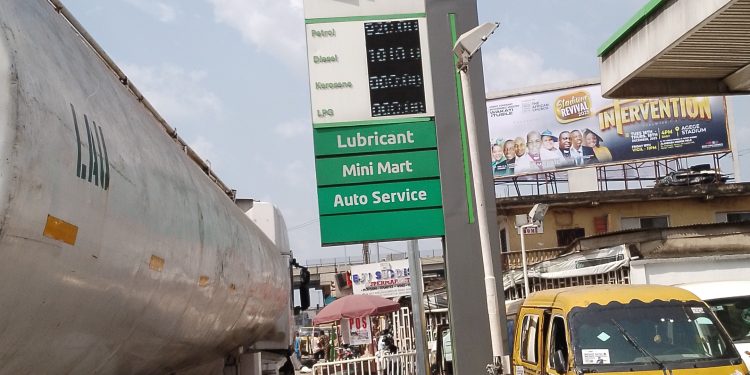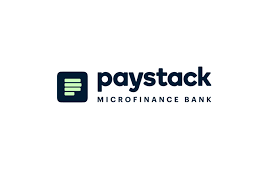The Nigerian National Petroleum Company Limited (NNPC) has increased the pump price of petrol (Premium Motor Spirit, PMS) to ₦920 per litre at its retail outlets.
What’s happening
Reports from several NNPC-branded filling stations in Lagos and the Federal Capital Territory confirm that the new price of ₦920 per litre is now in effect. The price adjustment comes amid broader market changes and follows recent upward movements in the cost of petrol at independent outlets.
Although NNPC has not yet issued an official statement explaining the exact cause of this latest increase, the change is believed to reflect ongoing pressures in the petroleum supply chain.
Why the increase
Several factors are believed to be driving this upward adjustment:
- Rising landing cost of petrol: Increases in crude oil prices and the weakening of the naira continue to push up the cost of fuel importation.
- Higher ex-depot rates: Depot owners and marketers have been adjusting wholesale prices upward, which ultimately affects retail pump prices.
- Deregulation of the downstream sector: With subsidies largely removed, pump prices now follow market forces more closely, placing more burden on consumers.
Impact on citizens & businesses
- Transport costs: Commuters who rely on commercial buses, ride-hailing services, or personal vehicles will face significantly higher daily expenses.
- Business operations: Companies that depend heavily on logistics, transportation, and fuel-powered machinery are likely to experience increased operational costs.
- Inflationary pressure: The price of transporting goods is expected to rise, which could lead to higher prices for food, manufactured products, and other essentials.
- Economic strain: With inflation and foreign exchange instability already affecting households, this fuel price hike adds another layer of financial pressure.
Reactions & commentary
Industry analysts note that recent price increases by NNPC have typically aligned with market realities, suggesting that the company is adjusting to reflect new supply costs.
Independent petroleum marketers have cited factors such as high logistics expenses and fluctuating foreign exchange rates as contributors to the price surge.
Labour unions and civil society groups may voice concerns in the coming days, particularly regarding the potential impact on the cost of living and overall economic well-being.























































